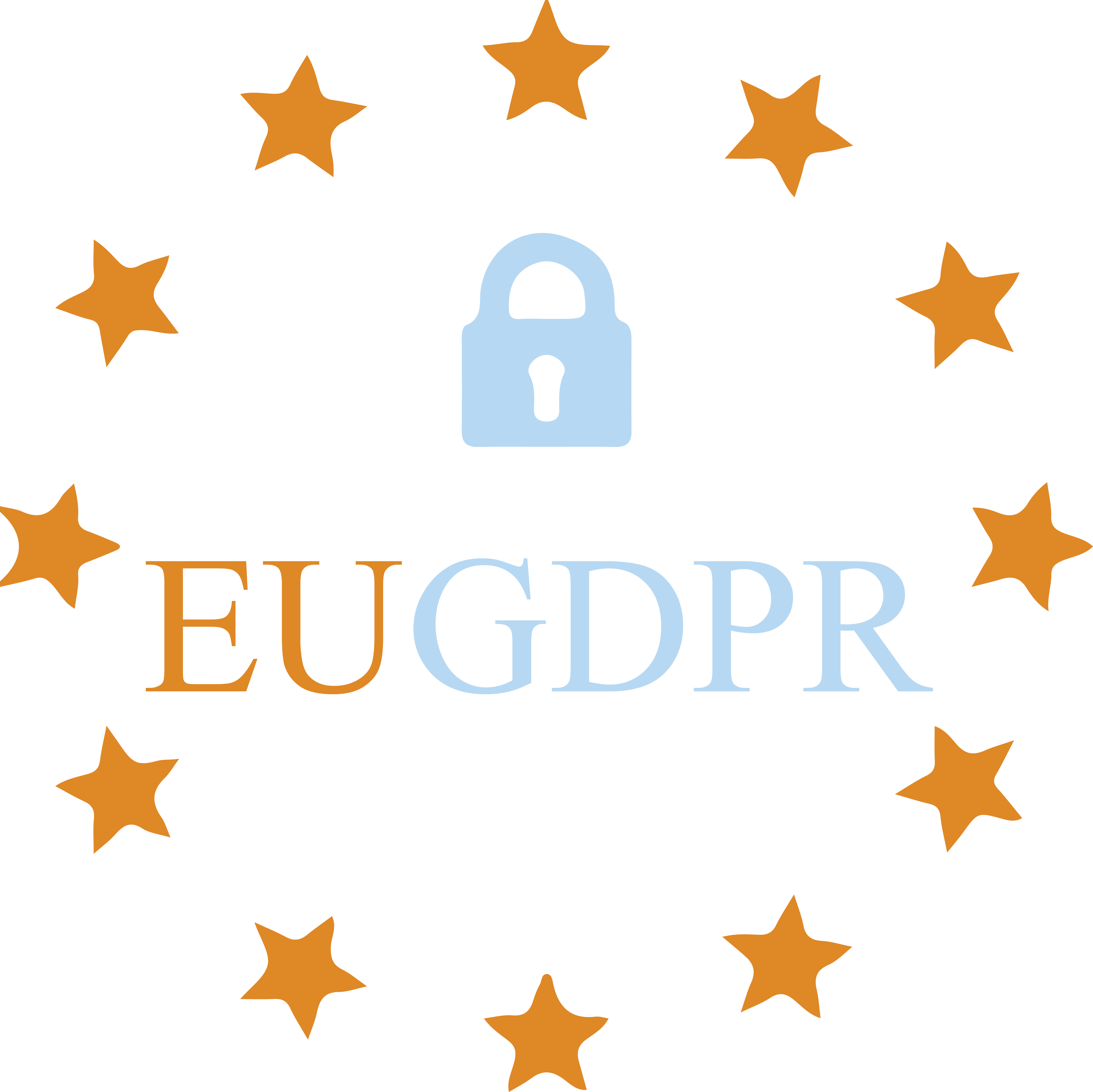
When the General Data Protection Regulation (GDPR) took effect in May, Nestlé Germany was ready.
Germany’s data collection laws have been notoriously austere for decades, much to the chagrin of some digital players. National laws – such as the Federal Data Protection Act, the Criminal Code, the Civil Code, the Telecommunications Act and Telemedia Act – place strict rules on how user data can be treated. This makes retargeting much more challenging for advertisers that rely on user data.
As a result, Nestlé Germany has had to carefully construct its programmatic strategy. While the company perhaps had more hurdles to clear due to its location than other Nestlé offices across Europe, this might have unintentionally prepared them for business in the post-GDPR world.
With GDPR in effect, companies cannot collect EU citizen data without providing a “lawful basis” for doing so. A company’s privacy policy must also include its reason for processing user data.
While other corporations across Europe have had to reconfigure their privacy policies, Nestlé Germany has remained steadily on course. AdExchanger caught up with Tina Beuchler, Nestlé Germany’s digital and media director, to learn more about the company’s data-driven advertising strategies.
AdExchanger: What’s it been like building out a programmatic offering at Nestlé Germany?
TINA BEUCHLER: We have a national, clear strategy for the German brand. Our goal is, first of all, to get the media buying more and more automated. In the end, this could bring us better quality for targeting.
I hope that we can also overcome some of the recent topics we’ve struggled with like brand safety, visibility, viewability and ad fraud. All of these aspects are within our strategy to go more programmatic.
Can you tell me more about those challenges?
The biggest challenge is that we really want our brands to be in a safe environment. We have brands in Germany like Nespresso and our baby food. It’s really a risk for us if we cannot control where our brands are advertised.
German privacy laws are stricter than other privacy laws across Europe. Is this a challenge when trying to target audiences?
On one hand, I can really understand the consumer. And I am also very pro-consumer-centricity and [creating] a safe consumer environment. On the other hand, if we want to really feed the interest of the consumer and give them the most relevant messages, we need to know more about him or her. That’s very important.
For example, we have dog and cat food. If I want to target dog owners, it makes a lot of sense, because all the other people are probably more or less annoyed if they receive ads for dog food.
It makes sense to figure out who’s interested in what and when and where. And therefore, I say that privacy laws need to be in place on a really high level, but we still need to have some freedom to do the best targeting in the interest of the user.
Are there certain things Nestlé Germany can’t do with regard to targeting that maybe other Nestlé companies based in Europe or the United States can?
We recently decided not to take the full range of Facebook targeting options. We decided to do it in a very careful way in Germany so that we do not have any consumer complaints about the targeting that we do. For example, if we exchange our own data with Facebook, we are very careful and we use only certain areas of Facebook Custom Audiences and not the full range.
How is Nestlé Germany dealing with ePrivacy and GDPR?
Nestlé in Germany was already very careful because we are the biggest food player in the [European] market. And there is already a lot of bashing on the food industry itself.
How so?
We have many, many areas. One is the sourcing. Where does the coffee come from? Where does the cocoa come from? How are the people treated working on the farms? Where do we buy from? We have some criticism about our water policies, on other more global aspects like palm oil.
The company has a strategy to be, first of all, very loyal to the local laws – there’s no question about that. Secondly, we really do not want to risk more than what we already have on the table. Therefore, we were already very restrictive with privacy before GDPR.
We also see it as a need to protect consumers. So when GDPR came closer in May, we already have, I would say, 99% of the elements in place. We were one of the companies that did not have to inform everybody [about privacy policy changes].
Do you think the rest of Nestlé across Europe will follow Germany’s lead with regard to privacy?
Every country has their own setup and decisions to make on their own. But I would say that we are all in line with what we do in Germany.

